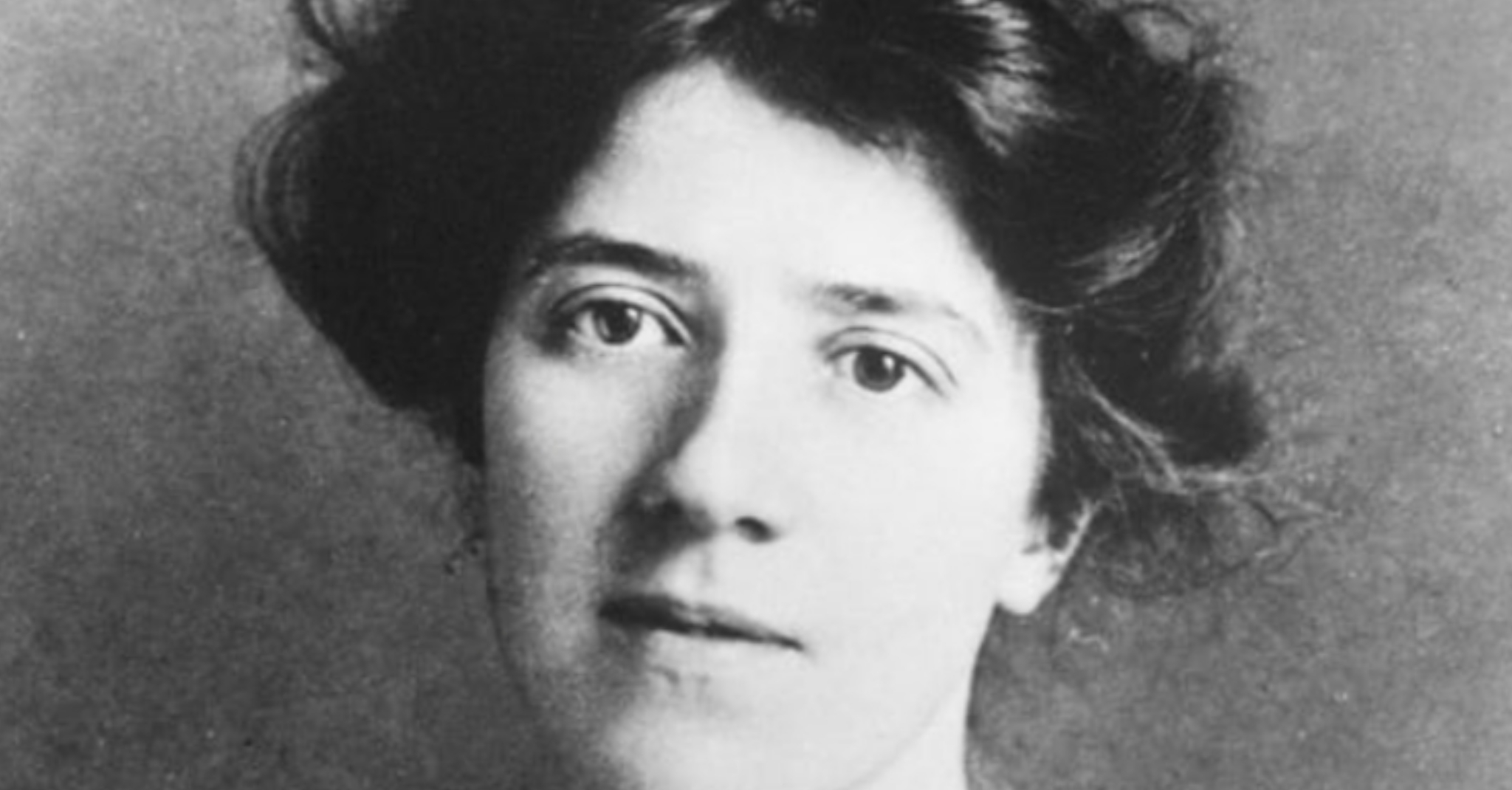A century on, its overheated language can seem quaint, but the book was a pioneering attempt to tackle a problem that is still unsolved
“More than ever today are happy homes needed,” declared crafty Marie Carmichael Stopes in the very first sentence of her sex manual Married Love, which turns 100 this year. Happy homes, her logic held, were the consequence of happy marriages and thus “the only secure basis for a present-day state”. So a book geared to teaching married couples how to have great sex (and thus a great marriage) was a service to the country.
Stopes’s was a clever argument and it worked, if not for the betterment of society, then certainly for her publisher. Married Love was a huge hit in Britain, selling out six printings within a few weeks of publication, as eager couples gobbled up its contents. The Americans were less keen on better sex for the sake of the state; they immediately banned the book, with US customs barring its import for more than two decades. By that time, Britons had bought more than half a million copies of the book and were far ahead of their prudish US counterparts in the quest to understand female sexual pleasure. They were also well on their way to “entering on a new and glorious state” based entirely on “the joyous buoyancy of their actions”.
Florid as the prose seems 100 years on, Stopes’s deft cloaking of her sex manual in religious sanction (a Father Stanislaus St John provides an endorsement) and state welfare was for good reason. Even while talking about sex was taboo, marriage and its boundaries had shifted considerably by 1918. Extramarital sex with prostitutes was considered morally questionable, a threat – rather than an accepted aside – to married life. As French author Denis de Rougemont would point out in his history Love in the Western World, part of the fault lay in literature, the modern novel having shifted love from its earlier courtly and chivalrous iterations into the institution of marriage. With love, in all its unpredictability, now an ingredient of marriage, it followed that its sudden evaporation left behind unhappy marriages and, per Stopes’s operative logic, a crumbling state.
This was unacceptable – and Stopes provided hope. Great married sex, based on her manual, could now shore up unreliable or dwindling love and thus stabilise marriage. Two or three times a week is adequate, she tells us, but conscious of her male audience’s sense of entitlement, warns that no sex at all should “take place unless the woman also desires it”. In this, we may have one of the first explicitly feminist declarations on consent – no means no, even if you’re married in 1918.
Other claims, some stemming from Stopes’s eugenicist views, are far less feminist, and verge on the bizarre: women from southern climes possess greater sexual appetites than their northern sisters (like herself). Insomnia in women is the consequence of men failing to “effect orgasms” in their wives. Despite being an avid proponent (along with Margaret Sanger) of birth control, Stopes insists coitus interruptus is harmful to women because “the physiological advantage of the partial absorption of the man’s secretions cannot be overstated”. It also left the woman suspended in “mid-air”: stimulated, but rudely unsatisfied.
Snickering at Stopes’s stumbling science and flowery descriptions of sex (she tries to explain what to do while avoiding lasciviousness) is good fun. Even so, for all of its fumbling, Married Love is trying to solve a problem whose solution eludes us a century later: how can the “desire for freedom” and “physical and mental exploration” be squared with the limits of monogamy and the tedium of family life? For Stopes, the answer lay not “in the freedom to wander at will” but in a “full and perfected love”, where love means sex and “access to the knowledge of how to cultivate it” is key. In a marriage built on this foundation, Stopes promises, “the pair will reach from the physical foundations of its bodies to the heavens where its head is crowned with stars”. It feels like a step too far to suggest that married couples getting it on will fix anything in the world these days, but Stopes’s sometimes baffling advice at least has a touch of the poetic.
© jobanmagazine
















